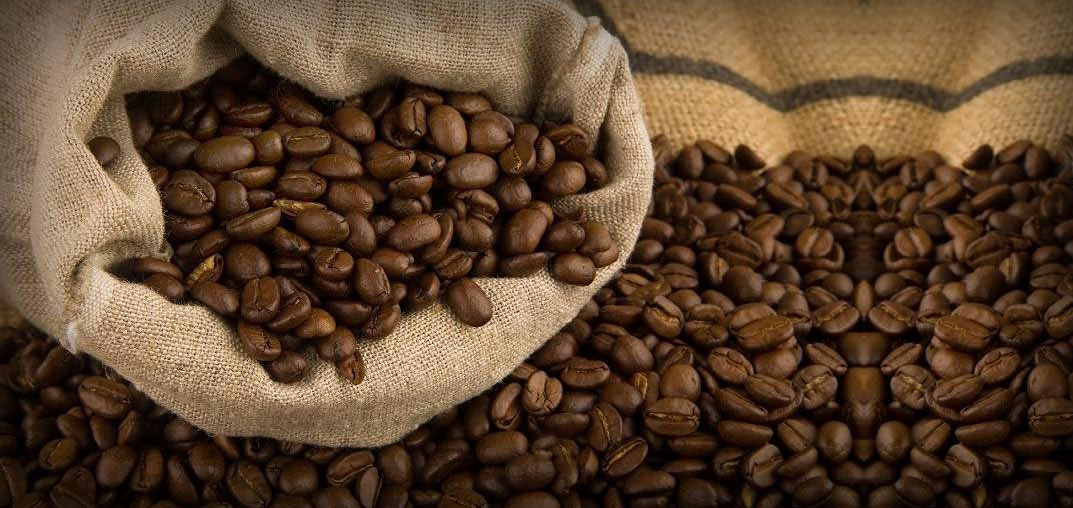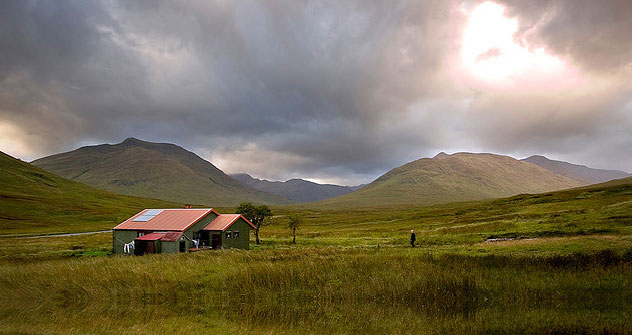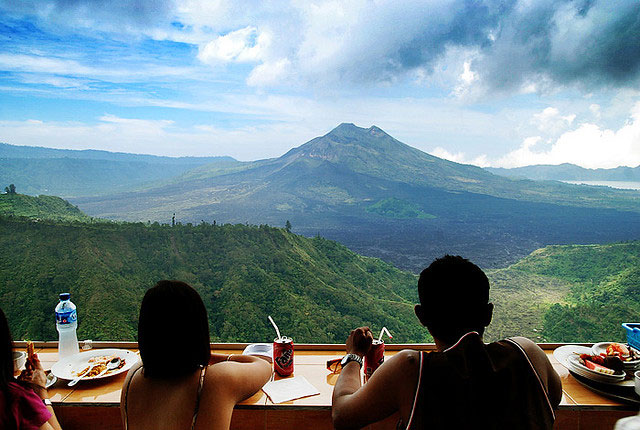The Traveler’s Guide to the Coffees of Africa

If you’ve ever woken up to the sound of a cockerel crowing and smells of breakfast drifting over the morning breeze like mist creeping down from mountain slopes, then you’ll understand its poetry.
If you’ve ever undertaken volunteer work abroad and your hands are hardened from helping to build houses out of mud and your mind is swimming with questions about the idiosyncrasies of English language, then you will recognise its rejuvenating powers.
For many, coffee is simply a dark and mysterious hot drink best left to those with an acquired palate. However, for the few, it represents far more and from lazy Sundays with the papers to early starts in the jungle, once you become a convert, there’s no going back.
Below is a beginner’s guide to the coffees of Africa (the birthplace of coffee) so if you have plans to work abroad or if you’re simply curious as to which African blend maybe right for you, kick back, relax and read on.
Note:
The two main types of coffee beans that are used for roasting are Arabica and Robusta, there follows a short description of each:
Arabica –commonly grown in highlands such as mountain slopes and considered to be a superior bean with more subtle caffeine content.
Robusta – represents approximately 20% of the world’s commercial coffee, has twice the caffeine content of Arabica and is cheaper to produce.
Ethiopian Coffee
Ethiopia is regarded as the birthplace of coffee where Arabica beans were growing wild long before the existence of man. From the exotic citrus tastes of the Yergacheffe region to the dark chocolate undertones of Harrar, you’ll find plenty of variation in strength and flavour so be prepared to shop around to find the perfect blend for you.
Kenyan Coffee
Well-known for high-quality production and distribution methods, Kenyan coffee is much sought after the world over. Taste wise you’ll discover an acidic, but nonetheless refreshing, blend with a full, almost blackcurrant wine, flavour, that is intelligently cultivated from the plains of Nairobi to the slopes of Mount Kenya.
Ugandan Coffee
Not as full-bodied as a Kenyan but just as refreshing with spiced fruit tones producing an extremely balanced and tasty ‘drink me anytime’ coffee. As Uganda is the indigenous home of the caffeine-fuelled Robusta beans, most crops are produced relatively cheaply for export. Although, when you discover a cheeky little local Arabica blend called Bugishu prepare yourself for a taste to savour.
Tanzanian Coffee
As rich and mellow as George Clooney in an aftershave commercial, the coffee grown on the foothills of Mount Kilimanjaro provides the perfect accompaniment for those all-important views from the summit. Tanzania is also responsible for the magical peaberry which is a natural occurrence where a single bean becomes fertilised and forms a pea shape as opposed to two flat beans. Regarded as better roasters and only representing 5% of all harvested coffee beans, the Tanzanian peaberry produces a light and convivial blend widely appreciated in the US and Japan.
Zambian Coffee
Grown in the realm of the Muchinga Mountains to the north of the country, Zambian coffee tends to fall within the strength of Kenya and the softness of Tanzania however, due to poor distribution, it’s quite a rarity on most coffee shop shelves. If you’re lucky enough to discover the perfect cup of Zambian coffee then a nutty cocoa taste with a hint of citrus is as good as it gets.
Malawian Coffee
Often overlooked as a poor relation, coffee from Malawi presents a smooth and pleasantly earthy taste that should more than hold its own on the world stage. Although not as highly regarded as Kenyan and Tanzanian beans, it’s worth comparing and judging results for yourself. Note: if you’re going to work abroad, keep an eye out for brands trading under the Mzuzu Smallholder Coffee Farmers Association.
If you’re not already a coffee convert and have plans to volunteer work abroad in Africa, hold dear to that first taste of the good stuff that will stay on the tip of your tongue far longer than it takes for your tan to fade.








Hi, i’ve been consuming some kenyan AA coffee while traveling through Africa. I observed which i dont get any kind of caffein ‘high’ from consuming this